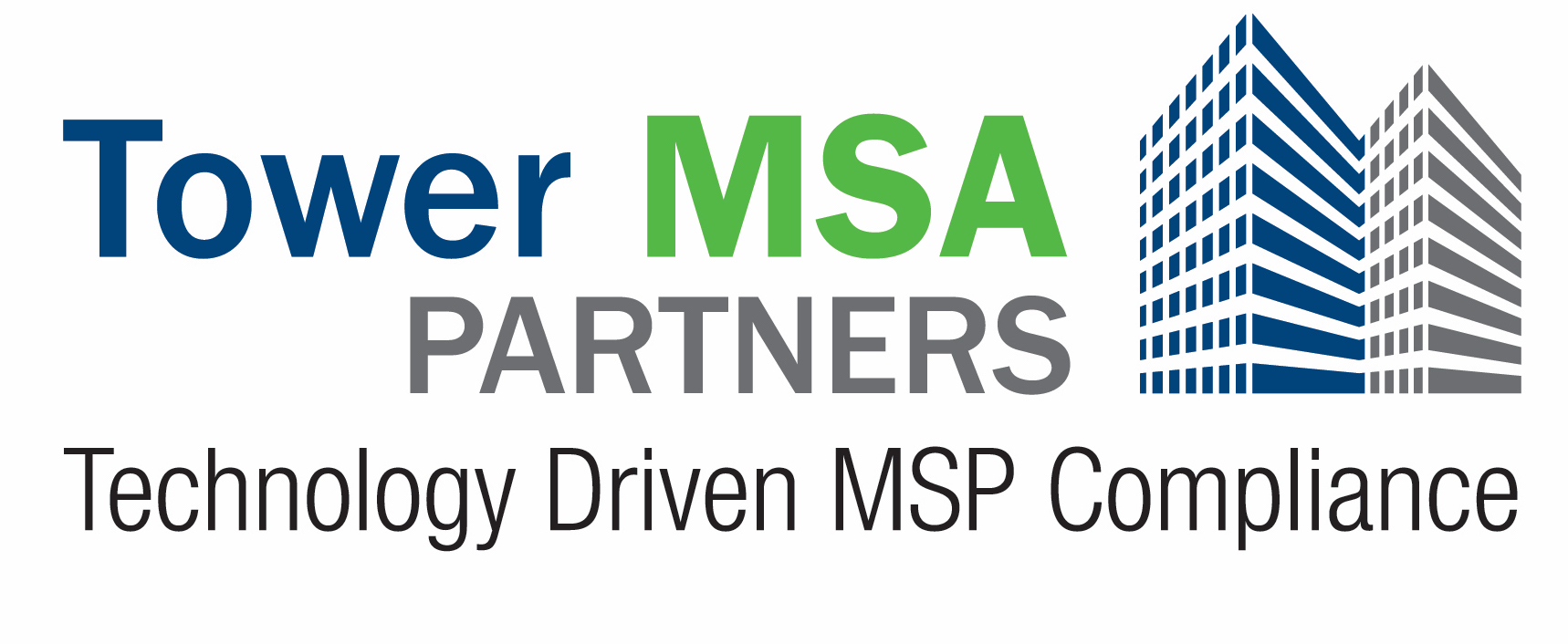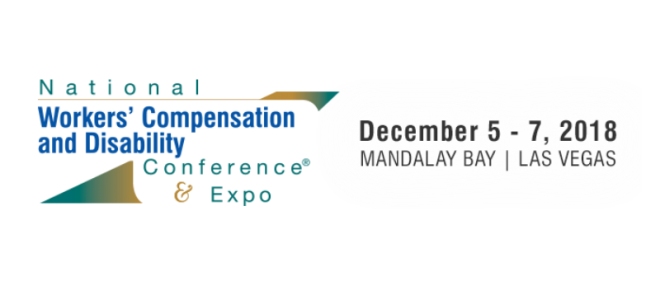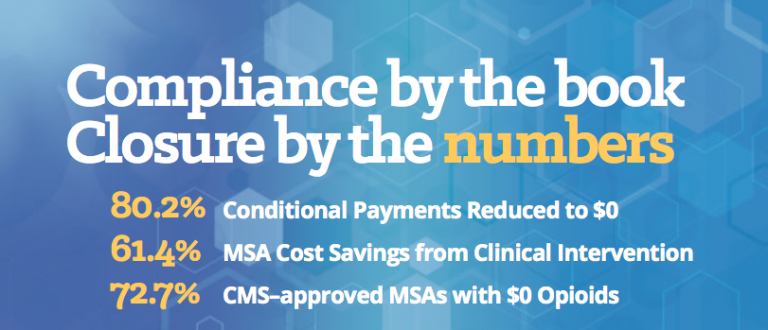In the recently released updated WCMSA Reference Guide (See Version 2.9, January 4, 2019), CMS provides both notable and minor changes to its policies and procedures surrounding its review of workers’ compensation MSAs. Significantly, CMS clarifies its reasoning behind expanded inclusion of Lyrica in MSAs and, through a policy statement and examples, warns settling parties of the necessity of protecting Medicare’s interests in future medicals. We review the highlights from the updated reference guide and add our assessment of the practical implications of these changes.
Protection of Medicare’s Interests
CMS added the following statement to Section 4.2 Indications that Medicare’s Interests are Protected:
CMS’ voluntary, yet recommended, WCMSA amount review process is the only process that offers both Medicare beneficiaries and Workers’ Compensation entities finality, with respect to obligations for medical care required after a settlement, judgment, award, or other payment occurs. When CMS reviews and approves a proposed WCMSA amount, CMS stands behind that amount. Without CMS’ approval, Medicare may deny related medical claims, or pursue recovery for related medical claims that Medicare paid up to the full amount of the settlement, judgment, award, or other payment.
Further, in an effort to clarify expectations for protecting Medicare’s interests in under threshold situations, CMS added the following to Section 8.1 Review Thresholds:
Example 1: A recent retiree aged 67 and eligible for Medicare benefits under Parts A, B, and D files a WC claim against their former employer for the back injury sustained shortly before retirement that requires future medical care. The claim is offered settlement for a total of $17,000.00. However, this retiree will require the use of an anti-inflammatory drug for the balance of their life. The settling parties must consider CMS’ future interests even though the case would not be eligible for review. Failure to do so could leave settling parties subject to future recoveries for payments related to the injury up to the total value of the settlement ($17,000.00).
Example 2: A 47 year old steelworker breaks their ankle in such a manner that leaves the individual permanently disabled. As a result, the worker should become eligible for Medicare benefits in the next 30 months based upon eligibility for Social Security Disability benefits. The steelworker is offered a total settlement of $225,000.00, inclusive of future care. Again, there is a likely need for no less than pain management for this future beneficiary. The case would be ineligible for review under the non-CMS-beneficiary standard requiring a case total settlement to be greater than $250,000.00 for review. Not establishing some plan for future care places settling parties at risk for recovery from care related to the WC injury up to the full value of the settlement.
Practical Implications
The CMS WCMSA Reference Guide previously included language emphasizing the need to protect Medicare’s interests when medical is settled in WC cases. With the changes to Section 4.2 and 8.1 we have another shot across the bow warning of the consequences of not protecting Medicare in settlement. These updates appear directed toward those settling cases above the CMS MSA review thresholds, but not submitting their MSAs to CMS for approval, and those settling cases under CMS MSA review thresholds and either not including an MSA or including, what CMS may deem, an underfunded MSA.
Do these warnings signal increased enforcement by CMS in this area? We are not aware of CMS routinely denying payment for injury related medical care where the settling parties have not submitted an MSA to CMS for review and approval. Neither are we aware of instances where CMS is seeking to recover from settling parties for Medicare payments for post-settlement injury-related medical care where no MSA was submitted for approval. This is not to say CMS couldn’t take such action in the future, but is an observation based upon 15 years of experience with the CMS WCMSA review process and CMS’s enforcement efforts. Accordingly, whether to submit an MSA to CMS when the review thresholds are met or to include an MSA on an under threshold case remains a risk management decision for the settling parties.
Spinal Cord Stimulator Pricing
Modifications were made to Section 9.4.5 Medical Review Guidelines as they pertain to the pricing of Spinal Cord Stimulators (SCS). Notably, CMS advised that if the type of SCS implanted or recommended to be implanted is unknown, then it will default to pricing a non-rechargeable single array SCS versus a rechargeable SCS.
Practical Implications
CMS’s statement regarding defaulting to a non-rechargeable SCS when the type implanted or recommended to be mplanted is unknown has been CMS policy for quite some time, just not included as policy in the reference guide. Why is this important? Because CMS policy is to include a revision for a non-rechargeable SCS every seven years while a rechargeable is included every nine years. Consequently, depending upon the life expectancy used in the MSA, defaulting to a non-rechargeable SCS can add a significant cost to the MSA. We are disappointed CMS continues with this policy as our experience has shown a significant majority of implanted SCS are rechargeable versus non-rechargeable.
Inclusion of Lyrica
Last October Tower advised of our concern regarding the increased inclusion of Lyrica in MSAs by CMS (See Apparent Change in CMS Policy Expands Inclusion of Lyrica in MSAs). The apparent is now reality with CMS adding the following to Section 9.4.6.2 Pharmacy Guidelines and Conditions:
Example 1: Lyrica (Pregabalin) is cited in MicroMedEx for an off-label medication use related to neuropathic pain from spinal cord injury, and a number of scientific studies indicate that Pregabalin shows statistically significant positive results for the treatment of radicular pain (a type of neuropathic pain). Spinal cord neuropathy includes injuries directly to the spinal cord or its supporting structures causing nerve impingement that results in neuropathic pain. Lyrica is considered acceptable for pricing as a treatment for WCMSAs that include diagnoses related to radiculopathy because radiculopathy is a type of neuropathy related to peripheral nerve impingement caused by injury to the supporting structures of the spinal cord.
Practical Implications
Tower’s interpretation of this statement is CMS will allocate Lyrica in the MSA when there is evidence of radicular pain stemming from the spinal cord (cervical, thoracic and lumbar) even when there is no evidence of what is defined as a “traumatic” spinal cord injury. What remains unclear is whether CMS considers nerve pain resulting from an injury outside if the spinal cord, i.e. hands or feet, to be a basis for inclusion of Lyrica in the MSA.
Lyrica is not available in a generic form which can result in a significant cost when added to the MSA. While Pfizer’s patent is set to expire on 6/30/2019, it can still take some time after expiration for a generic to come on the market and even then, the generic may not represent a significant cost reduction from the brand name. Accordingly, alternatives to Lyrica should be considered prior to submitting an MSA to CMS for approval.
MSA Administration
Added to Section 18.0 CMS’ Monitoring is the following:
Additionally, the contractor must ensure that Medicare makes no payments related to the WC injury until the WCMSA has been used up. This is accomplished by placing an electronic marker in CMS’ systems used to pay or deny claims. That marker is removed once the beneficiary can demonstrate the appropriate exhaustion of an amount equal to the WCMSA plus any accrued interest from the account. For those with structured settlements, the marker is removed in any period where the beneficiary exhausts their available funds; however, it is replaced once the anniversary fund deposit occurs until the entire value of the WCMSA is demonstrated as entirely exhausted.
Practical Implications
This addition emphasizes the technical aspect of CMS’s monitoring of spend from the MSA, whether self or professionally administered. CMS is emphasizing that when an approved MSA is in place it will deny payment for injury-related medical care until such time as the MSA is temporarily or permanently exhausted. Indeed, Tower is aware that CMS has initiated stepped up efforts at monitoring MSA spend and this statement is consistent with that effort.
CMS Memorandum
Finally, CMS removed the CMS Memorandum dating back to July 2001 from Appendix 4 WCRC Proposal Review Reference Tools. Also removed from the Reference Guide were most references to prior CMS memorandum.
Practical Implications
As CMS states in Section 1.0 of the Reference Guide, “The intent of this reference guide is to consolidate and supplant all historical memoranda in a single point of reference. Please discontinue the reference of prior documents.” As such, removal of the CMS memorandums issued since 2001 is a natural consequence of the Reference Guide becoming the official guidance document for all matters pertaining to CMS review of WCMSAs.
Overall, the WCMSA Reference Guide update confirms policies or practices which have previously been implemented by CMS. We appreciate CMS’s efforts at informing the MSA submitter community of these changes and continue to encourage CMS management to provide such transparency with future modifications to its program.
Please contact Dan Anders at Daniel.anders@towermsa.com or (888) 331-4941 with any questions.

 Daniel M. Anders, JD, MSCC, the Chief Compliance Officer for Tower MSA Partners, has been elected to the board of directors of the National Alliance of Medicare Set Aside Professionals (NAMSAP) and will serve on its executive committee as treasurer for 2019. An attorney who holds the Medicare Set-Aside Consultant Certified and Certified Medicare Secondary Payer Professional credentials, Anders also co-chairs NAMSAP’s Policy and Legislative Committee.
Daniel M. Anders, JD, MSCC, the Chief Compliance Officer for Tower MSA Partners, has been elected to the board of directors of the National Alliance of Medicare Set Aside Professionals (NAMSAP) and will serve on its executive committee as treasurer for 2019. An attorney who holds the Medicare Set-Aside Consultant Certified and Certified Medicare Secondary Payer Professional credentials, Anders also co-chairs NAMSAP’s Policy and Legislative Committee.










